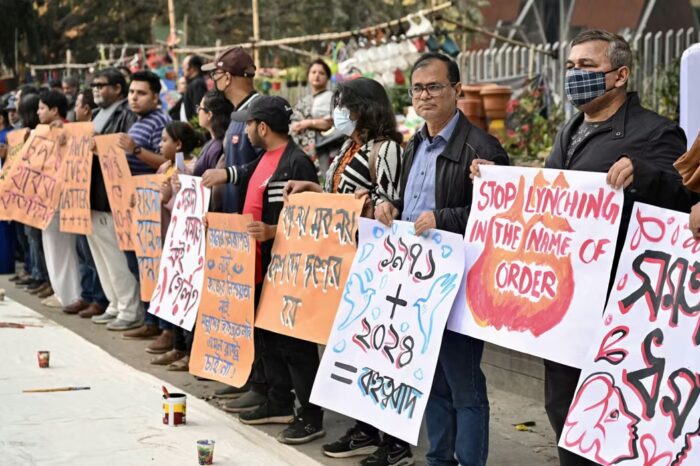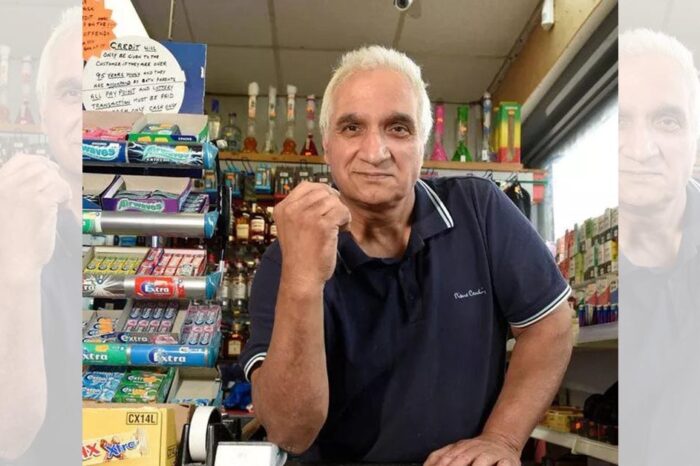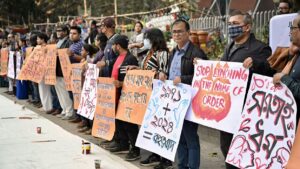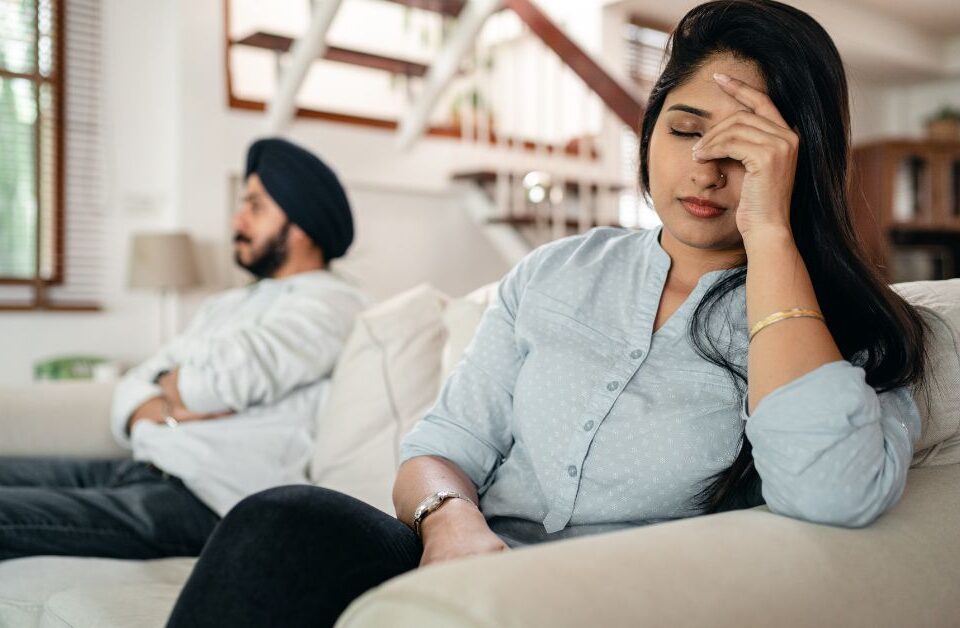
By Swarupa Tripathy
Divorce has traditionally been a sensitive and taboo topic in many societies worldwide, and the British Asian community is no exception. British Asians, consisting of several diverse ethnic groups often adhere to strong cultural and religious values that prioritise the institution of marriage and family unity above all else.
In a research carried out by the Fourth National Survey of Ethnic Minorities in the 1990s, the data collected was analysed by quantitative sociologist Richard Berthoud, who found that British Asian couples were less likely to take the route of divorce as compared to other ethnicities. He found that the rate of divorce and separation among British Asians was 4%, a rate less than half that of White British adults (9%) and less than a quarter of Black Caribbean adults (18%), according to Global Dialogue. Berthoud’s perception of the community was that it was “old fashioned” comprising of individuals who were “loyal to their communities’ histories and traditions,” resistant to the concept of individualisation.
For the longest time, marriage was and still in many cases continues to be considered a sacred bond not just between two individuals, but also their families. Divorce has historically carried a stigma in British Asian society, where marriage is viewed as a lifelong commitment. Cultural and religious expectations emphasise the preservation of family honour, social reputation, and community standing, which can discourage individuals from pursuing divorce, even in difficult circumstances. The fear of judgment, ostracisation, and strained relationships with extended family members can create immense pressure on couples to stay together, regardless of their personal happiness.
“Leaving a marriage is never the easy option. But for those facing cultural stigma and exclusion it can seem bleak and – for some – impossible to escape an unhappy marriage,” says Divorce Coach Sara Davison. Cultural stigma mostly presents itself in the form of family pressure on a couple to stay together as they fear that the community will shun both parties involved. This can be detrimental to those in loveless marriages, as well as victims of constant abuse, violence and threats, who decide to stay regardless of how unsafe they may feel.
Moreover, it is the women who bear the brunt after getting a divorce, which further discourages many from choosing to walk away. Davison adds, “Marriage within the Asian community is considered sacred and even quintessential for a woman – divorce is seen as a sign of failure and divorcees are shamed and shunned for going against parents and cultural norms. Young women from Indian-origin backgrounds often get married within their community – so there is a lot of pressure on them to maintain cultural continuity and family tradition even if the women are second or third generation. An unsuccessful marriage, or a single daughter, or a divorced daughter, is taboo for most Indian-background families.” This is not just true for British Indian women, but also for women belonging to other Asian backgrounds.
In a report by Asian Voice, a woman named Minreet Kaur mentions about entering a “semi-arranged” marriage with a man she had met through a Gurdwara in west London. Within a year of her marriage, she divorced him and decided to go back home. She said,
“There were lots of issues with him and his immediate family. You never know someone until you live with them. He drank excessively and also was a compulsive liar. We didn’t get on at all and were two completely different people.”
In the Sikh community, divorce is often viewed as something to feel ashamed about, particularly for women. As per the 2018 British Sikh Report, around 4% of individuals encountered divorce, and an additional 1% underwent separation. After her marriage ended, Kaur faced the repercussions of being excluded from her community, leading to a prolonged period of limited social interactions. She admitted, “I only received support from my parents while the community frowned upon divorcees. I went to a marriage counsellor and that didn’t help. I tried everything I could to get support but Asian families do not understand when a couple is having issues that sometimes it is just a case of going your separate ways. I managed to cope through my prayers and meditation that gave me strength.”
Recent years have witnessed a significant rise in divorce rates within this community, however, owing to challenging societal norms and generating discussions on the changing dynamics of relationships. The older generations that migrated to the UK led a very different life to those from the current generation. They usually married and had kids at a very young age, which meant that having a family was a core aspect of the British Asian community. The man and the woman had defined roles – with the man being considered as the head of the household and the sole breadwinner, while the woman would fulfil the roles of being a mother and caretaker.
These roles have starkly changed over the years as the younger generation gets more integrated into British society. A contributing factor to this is that more women are also getting educated and pursuing successful careers in several professions, becoming financially independent and in charge of their own lives. No longer are they dependent on their husbands to provide for them. This has made it easier for them to fearlessly take an exit from unhealthy relationships that are no longer serving them. With time, the perceptions of several British Asian families have also changed.
Increased education and empowerment among British Asian women have played a vital role in the rising divorce rates. Education provides women with greater economic independence, enabling them to seek divorce without being entirely reliant on their spouses. Popular BBC Asian Network Radio and TV Presenter, Noreen Khan, told Asian Style Magazine, “We have more choices meaning we want to pursue careers, travel and do things so marriage isn’t at the top of our agenda.” The increasing number of British Asian women joining the workforce has provided them with the financial resources necessary to support themselves and their children, reducing the economic barriers to divorce. Furthermore, access to information and support networks has given them the confidence to leave unhappy marriages, challenging societal expectations and empowering them to pursue a more fulfilling life.
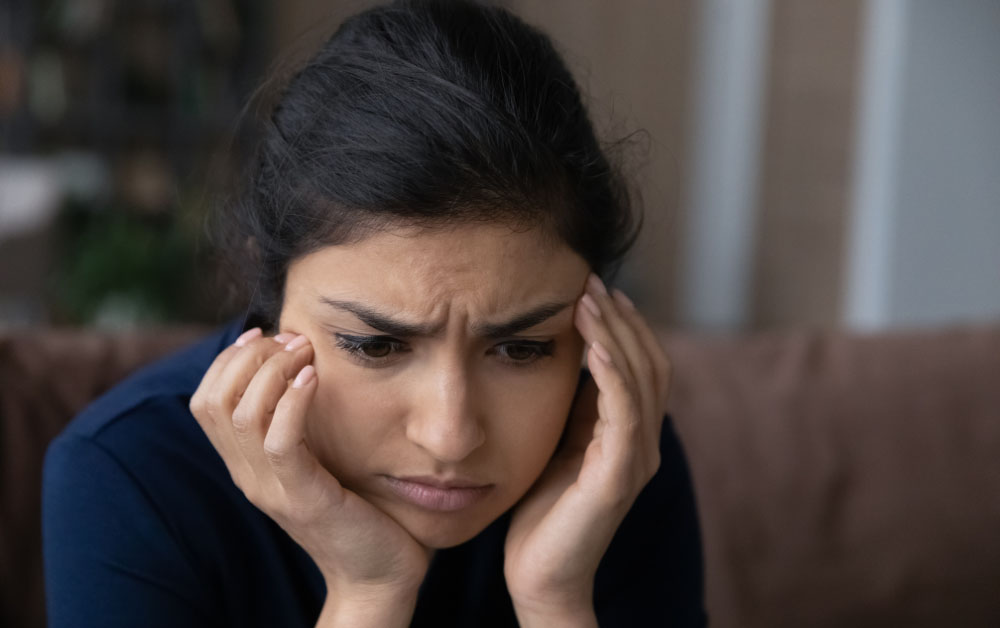
Recent data points towards the steady rise in divorce rates among British Asians in recent years. According to data from the Office for National Statistics (ONS), the divorce rate for British Asian couples in England and Wales increased by a staggering 39% between 2005 and 2015. This rise is significant and indicates a growing shift in attitudes towards divorce within the community.
A prime factor driving the rise in divorce rates among British Asians is the changing attitude towards marriage and divorce in wider society. According to DesiBlitz, “Brit-Asian women have evolved to being financially and professionally secure, whilst British Asian men have thrived in all kinds of business and professional life, no longer stereotyped as corner-shop owners. Young Brit-Asian married couples are more commonly living independently from family. The notion of the extended family is eroding. Educated daughters-in-law find it difficult to adapt to the traditional demands by in-laws and in return, in-laws find it hard to understand new ways and accept change causing conflict and differences in opinion.”
As the community becomes more integrated into British culture, exposure to different perspectives and alternative lifestyles has challenged traditional beliefs and practices. The emphasis on individualism and personal fulfilment has encouraged British Asians to prioritise their own happiness and wellbeing, even if it means pursuing a divorce.
Despite progress, a large number of British Asian communities and families are still of the opinion that divorce should never be an option in a marriage, no matter how tough it gets. British Asians often face a unique challenge resulting from the clash between traditional cultural values and the norms of their adopted country. Younger generations born and raised in the UK tend to have different aspirations, attitudes, and expectations regarding marriage and relationships, which may diverge from those of their parents and grandparents. This inter-generational conflict can contribute to higher divorce rates as younger British Asians prioritise personal happiness and compatibility over upholding cultural traditions.
Aruna Bansal, a single parent who has been divorced twice opens up about the difficulties she had to face and feels that the community has a long way to go when it comes to showing support to men and women who have been divorced. She told MyLondon, “I’ve been married twice – I wasn’t ready to share my story up until a few years ago as it was quite traumatic. When I was at university I was dating somebody who was Gujarati, we weren’t allowed to get married and I was heartbroken at the age of 21.
“I was introduced to someone locally and we got married. Then on our honeymoon, he said, ‘your parents didn’t buy us a house or a car’, my parents gave quite a lot at the wedding as you do at Asian weddings. I feel they got greedy and wanted more. So I put my foot down and said enough is enough.
“They eventually threw me out as we were living in my in-laws’ family home, I was escorted off the property by my father-in-law outside and wasn’t allowed to get my belongings. It took two years to get my things back, from my clothing to toiletries.
“I did try and go back to get things but they called police on me as I had no rights to go in as a daughter-in-law – it wasn’t my home, even though that’s where my husband and I were living at the time with in-laws. I went to court and it took two years to get my basic clothing.”
Bansal had been working in London for 30 years when she met her second husband who was introduced to her by a family friend. But, the marriage fell apart and she has remained a single parent since. She set up the Asian Single Parents Network CIC (ASPN) after realising that she had no support system within the Asian community and wanted to provide that to others who were in the same boat as her. She added, “My family were supportive but I know that a lot of families aren’t – we have single parents from the Sikh, Hindu and Muslim community mostly, both men and women. A lot of work still needs to be done, members don’t always want parents and family knowing due to the stigma, even when it comes to social media, I say to them if you can like the page like it but I know some people don’t want to, to avoid showing it publicly.”
The taboo surrounding divorce within the British Asian community is gradually eroding with changing attitudes, empowerment, and evolving societal norms that influence the perception of marriage and relationships. Rising divorce rates among British Asians can be attributed to a combination of factors, including shifting societal attitudes, increased education and empowerment, inter-generational differences, and economic and social changes. But, a lot of progress still needs to be made to make families understand that if two individuals are not happy, it is in their best interest to part ways.
For those struggling to find support during tough times and while making life changing decisions, Minreet Kaur advices, “Detaching yourself from negative forces and the toxic environment is difficult because you will have social commitments and obligations but it is imperative for your mental peace that you know where to draw a line. You have to be mentally, physically, emotionally and spiritually strong to be able to confront such forces”.

It is essential to recognise and address the challenges faced by people within the community who are contemplating divorce, due to fear of being ostracised and considered a failure. Raising awareness, providing support systems, and promoting open dialogue can help alleviate the stigma surrounding divorce and foster a more compassionate and understanding environment.
As the British Asian community continues to evolve and become more open to new concepts and standards, it is crucial to embrace the changing dynamics of relationships and marriages while respecting cultural traditions. By acknowledging the realities faced by individuals in unhappy and abusive marriages, the community can create a more inclusive and supportive environment that empowers individuals to make choices based on their well-being and happiness, free from the constraints of societal judgment.
If you are contemplating divorce and find yourself without a support system, numerous organisations exist to provide the help you need during this challenging time. Here are a few:
Ashiana – Ashiana empowers women and girls from ethnic minority communities with culturally sensitive advice, support and safe housing – enabling them to make positive and appropriate choices for themselves.
Website: ashiana.org.uk
Contact: 020 8539 0427
Sharan – Sharan is a charity that provides support and advice to vulnerable women, particularly of South Asian origin, who have been or are at risk of being disowned due to abuse or persecution.
Website: sharan.org.uk
Contact: 0844 504 3231
Saheli – Saheli (meaning friend) is a charity making a big difference in the local community, providing safe spaces, culturally sensitive support, language assistance, and a voice and identity to women from ethnic minority backgrounds facing violence in their lives.
Website: saheli.org.uk
Contact: 0161 945 4187
Women’s Aid – Women’s Aid was set up to support all women who have survived domestic abuse. As a national charity it has an important role to play in representing diversity. The organisation works to promote and deliver safe and inclusive services to vulnerable women.
Website: womensaid.org.uk
Contact: (Live chat and email available) https://www.womensaid.org.uk/information-support/
Dads Unlimited – Dads Unlimited supports the emotional safety of men and those they care about through three key areas; supporting male victims of domestic abuse, supporting men with family separation; and supporting men’s mental health. All of the services use an evidence-based, trauma-informed, person-centred approach.
Website: dadsunltd.org.uk
Contact: 01233 680150

